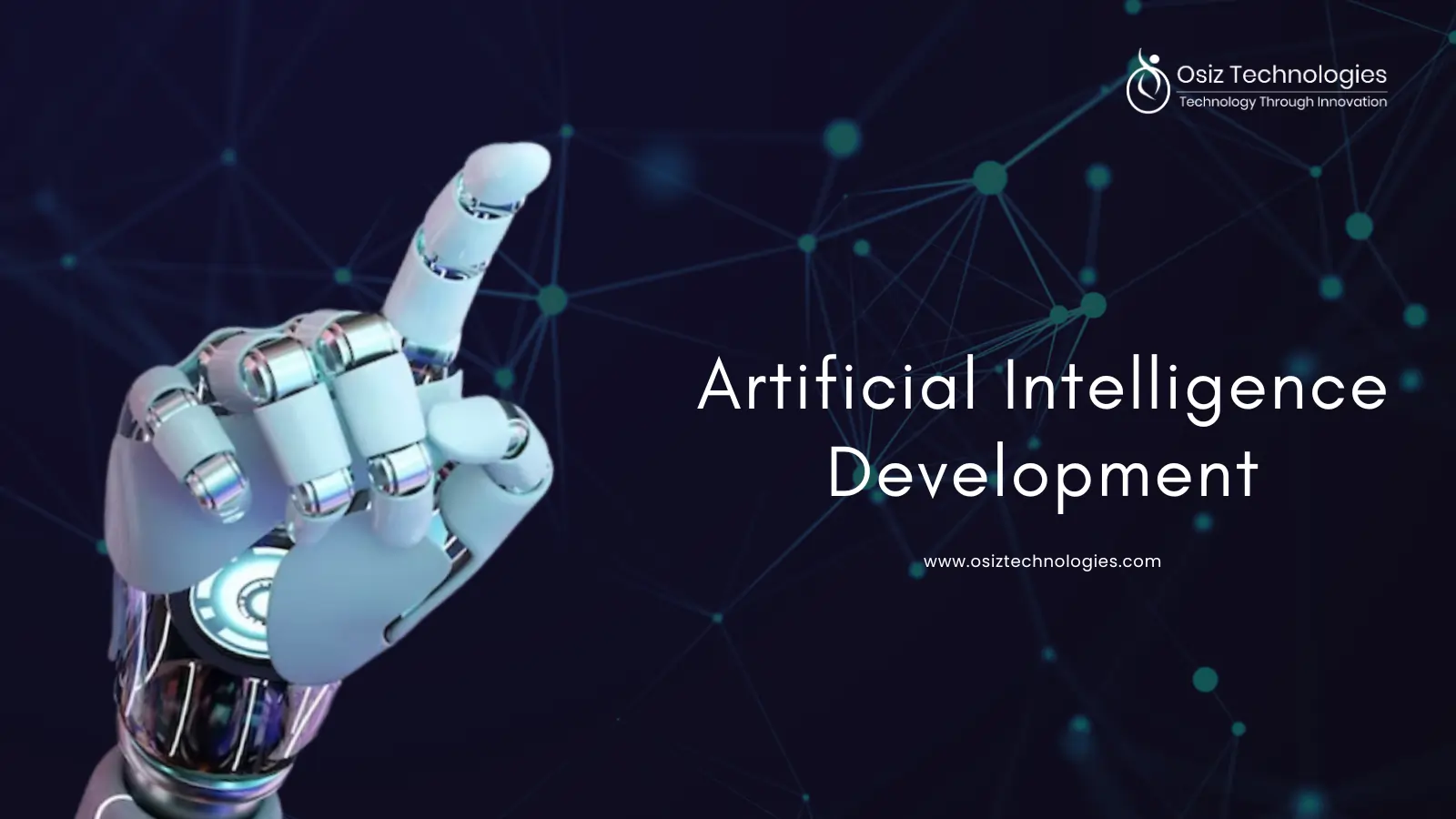What is Cloud Computing?
Cloud computing refers to the delivery of computing services, including storage, processing power, and applications, over the Internet on a pay-as-you-go basis. Instead of owning and maintaining physical infrastructure, users access resources from cloud service providers, who manage and maintain the underlying hardware and software.
This model enables organizations to scale resources elastically, optimize costs, and access computing power and services from anywhere with an internet connection. It fosters agility, innovation, and efficiency in the digital age.
Benefits of Cloud Computing
Cloud computing offers a wide range of benefits that have revolutionized the way businesses operate and individuals access information.
- Simplified IT Infrastructure Management
- Scalability
- Flexibility
- Highly Cost Effective
- Security
- Disaster Recovery
- Increased collaboration
- Comprehensive Security and Compliance
- Enhanced DevOps
- Simple Accessibility
Current Trends in Cloud Computing
Cloud computing, once a disruptive force, has now become a foundational element of modern IT infrastructure. As technology continues to evolve, several key trends are shaping the present and future of cloud computing. Let's explore some of the most prominent ones.
Increased Adoption
The adoption of cloud computing continues to accelerate, driven by the need for businesses to adapt to a rapidly changing environment. With the rise of remote work and the digital transformation of industries, more organizations are migrating to the cloud to leverage its benefits. Cloud solutions provide the agility needed to respond to market demands and enhance operational efficiency.
Hybrid and Multi-Cloud Strategies
Organizations are increasingly adopting hybrid and multi-cloud strategies to optimize their cloud environments. A hybrid cloud combines private and public clouds, allowing businesses to balance the need for security with the flexibility of public cloud services. Multi-cloud strategies involve using multiple cloud providers to avoid vendor lock-in, enhance resilience, and optimize costs.
AI and Machine Learning Integration
Cloud platforms are increasingly offering AI and machine learning (ML) services, democratizing access to advanced analytics and automation. These services enable businesses to harness the power of data for predictive insights, process automation, and personalized customer experiences. Cloud-based AI and ML tools are becoming essential for gaining a competitive edge in various industries.
Emerging Technologies Shaping the Future Of Cloud Computing
As the digital landscape continues to evolve, several emerging technologies are poised to reshape the future of cloud computing. These technologies not only enhance the capabilities of cloud services but also drive innovation, efficiency, and agility across industries. Let's explore some of the key emerging technologies that are shaping the future of cloud computing:
Edge Computing
Edge computing is poised to revolutionize cloud computing by processing data closer to the source. This approach reduces latency and supports real-time data processing, making it ideal for Internet of Things (IoT) applications. As more devices connect to the internet, edge computing will become crucial for handling the vast amounts of data generated and ensuring timely responses.
Serverless Computing
Serverless computing is gaining traction as it allows developers to run code without managing servers. This model provides automatic scaling, reduces operational overhead, and enables developers to focus on writing code. Serverless computing is particularly beneficial for building scalable applications and microservices that offer cost efficiency and agility.
Quantum Computing
Quantum computing holds the potential to solve complex problems that are beyond the capabilities of classical computers. By integrating quantum computing with cloud services, organizations can access this advanced technology without significant upfront investments. Quantum computing could revolutionize fields such as cryptography, materials science, and optimization.
Security and Compliance Of Cloud Technology
Enhanced Security Measures
As cyber threats evolve, cloud providers are continuously improving their security measures. Advances in encryption, identity management, and threat detection help protect data and applications from breaches. The adoption of zero-trust security models ensures that every access request is thoroughly vetted, enhancing overall security.
Regulatory Compliance
Compliance with data protection regulations is critical in the cloud computing landscape. Organizations must adapt to evolving laws such as the General Data Protection Regulation (GDPR) and the California Consumer Privacy Act (CCPA). Ensuring data privacy and ethical handling of information is paramount and requires ongoing vigilance and adaptation to new standards.
Economic and Environmental Impact
Cost Management
Innovative pricing models, such as pay-as-you-go and subscription-based services, help organizations manage costs effectively. Cloud providers offer tools for optimizing resource utilization and reducing waste. By aligning costs with actual usage, businesses can achieve significant savings while maintaining operational efficiency.
Sustainability Efforts
Cloud computing can contribute to sustainability by promoting energy-efficient practices. Cloud providers are investing in green initiatives, such as energy-efficient data centers and renewable energy sources. These efforts not only reduce the carbon footprint of cloud services but also support global sustainability goals.
Future Applications and Use Cases of Cloud Computing
Cloud computing has already revolutionized the way businesses operate, but its full potential is yet to be realized. As technology continues to evolve, new applications and use cases are emerging that promise to further transform industries and drive innovation. Here are some future applications and use cases of cloud computing:
Healthcare
In healthcare, cloud computing enables advancements in telemedicine, electronic health records, and data analysis for personalized medicine. Cloud-based platforms facilitate secure data sharing and collaboration among healthcare providers to improve patient outcomes and operational efficiency.
Education
The education sector benefits from cloud computing through scalable online learning platforms and virtual classrooms. Cloud services provide students and educators with access to a wide range of educational resources, supporting remote learning and enhancing the overall educational experience.
Business Innovation
Businesses are leveraging cloud computing to drive innovation in various areas, including enhanced collaboration tools, customer relationship management (CRM) systems, and data-driven decision making. Cloud-based solutions enable companies to respond quickly to market changes and develop new products and services.
What are the Challenges and Considerations Of Cloud Computing?
Data Privacy Concerns
As cloud adoption grows, so do concerns about data privacy. Ensuring robust data protection measures and adhering to ethical standards is crucial. Organizations must balance the benefits of cloud computing with the need to protect sensitive information and maintain customer trust.
Skill Gaps
The rapid evolution of cloud technology requires a skilled workforce capable of managing and optimizing cloud environments. Upskilling and continuous learning are essential to bridge the skill gap and ensure that organizations can fully leverage the potential of cloud computing.
Wrapping Up
The future of cloud computing is bright, with continuous advancements driving efficiency, innovation, and sustainability. As emerging technologies like edge computing, serverless computing, and quantum computing integrate with cloud services, the possibilities are endless. By staying informed and embracing these advancements, businesses and individuals can unlock new opportunities and navigate the evolving digital landscape.
The ongoing evolution of cloud computing will shape the future of various industries, making it a key driver of technological progress. To stay ahead, organizations must remain adaptable, prioritize security and compliance, and invest in skill development. The future of cloud computing is not just about technology; it's about transforming the way we live, work, and innovate. If you have queries in cloud computing connect with a reputed Cloud Computing Service Provider like Osiz, instantly.
Our popular services,
Listen To The Article
Recent Blogs

X-Mas 30%
Offer











